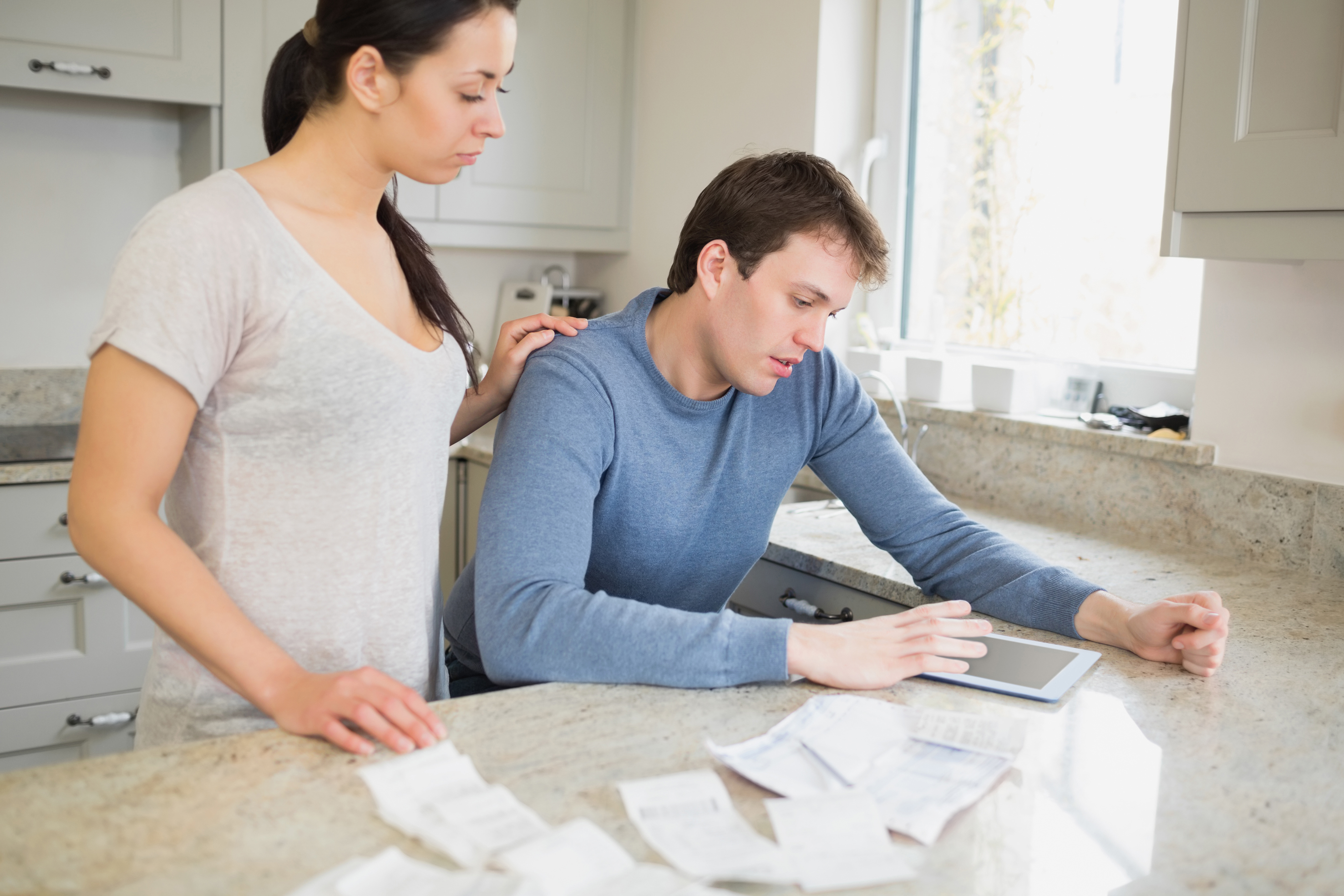Household Bills
Your guide to the new Universal Credit

We reveal all you need to know about the changes to welfare benefits.
Universal Credit, introduced this month, is a new single payment for people who are looking for work or on a low income.
The new Universal Credit will:
• limit the amount of money that non-working households can claim to £26,000 a year;
• reduce total payments for some families entitled to several benefits;

Why Life Insurance Still Matters – Even During a Cost-of-Living Crisis
Sponsored by Post Office
• see claimants receive just one monthly payment, paid into a bank account in the same way as a monthly salary.
• from April 2013 introduce the so-called “bedroom tax”, affecting the housing benefit of people with more bedrooms than they need for the people living full-time in their house.
One of the main changes will see housing benefit paid directly to you, so you will be responsible for paying it to your landlord.
This means not only do you have to remember to pay the rent, you have to make sure you are careful and do not spend the money on anything else.
The easiest way to make sure you remember to pay is by using your bank account and setting up a direct debit. However according to a recent report, 15% of local authority tenants and 13% of housing association tenants do not have a bank account.
Getting a bank account
The simplest form of bank account is called a basic bank account. They don’t provide a cheque book or overdraft, so you can’t run up debts.
You can open a basic bank account at any High Street bank. Make sure you ask for a basic bank account – they are the simplest to use.
If the first bank you talk to sounds confusing, try another one – you are the customer, so you can choose where you bank!
The other place to try is a Credit Union. Credit unions offer straightforward bank accounts, savings accounts and loans, but unlike banks are owned by their members and only need to make enough money as a business to cover their costs. Most towns and cities have them.
Having a bank account will also help you save money. Energy companies, for example, offer their cheapest prices to people who can pay by direct debit.
You can also pay other bills via direct debits, such as council tax.
You will be sent information about how the changes will affect you and your family.
If you are worried about finances, it might be worth setting out a budget. The best way to start to work out your budget is to make some lists.
Do one list for the money you get each month – full time or part time wages, benefits and pensions. Then do another list for your ‘monthly outgoings’ – basically the amount that you will spend every month on bills.
These will include your rent, council tax, water, heating and lighting, food, the cost of getting to work, insurances and loan repayments.
Talk to your whole family about the budget; if money is going to be tighter, it’s important that everyone – including your children – understands why and can help save money where they can.
Look around to see where you can make cuts, and speak to debt charities if you feel like you are struggling.
And remember that you should not pay for debt and financial advice. There are a number of charities which will be able to help and know what they are talking about, without costing you a penny.
If you need advice, try one of the following: